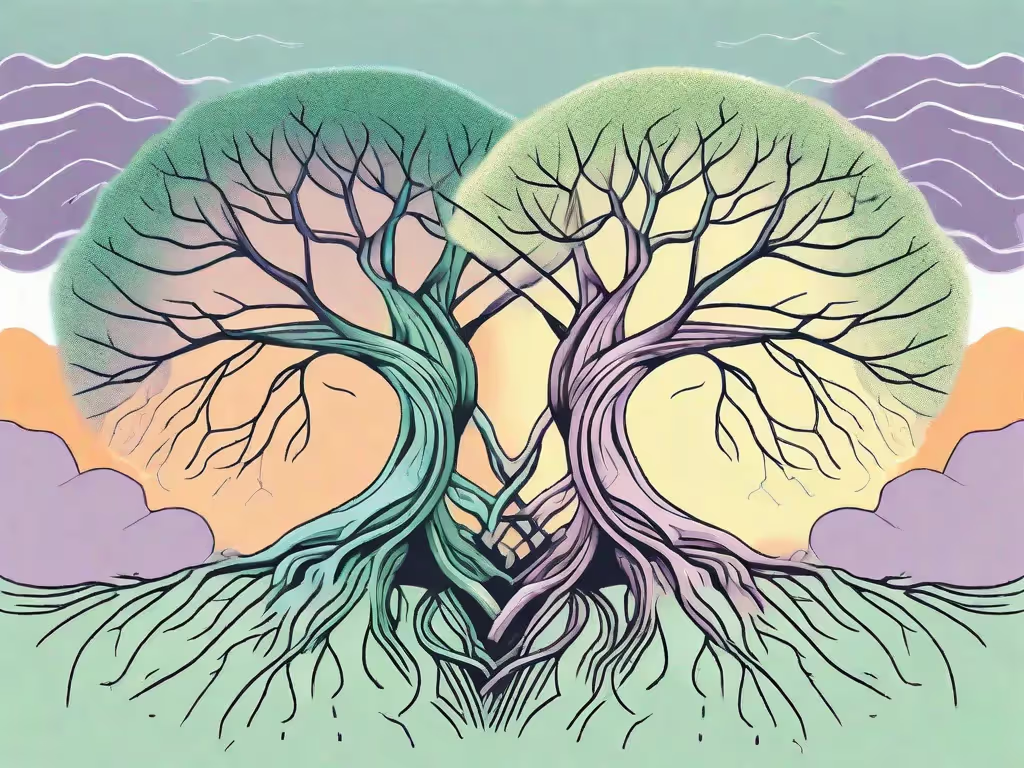Last week, we explored how to begin a Mindful Journaling Practice. While it can take time to build a practice, progressing along your journey means experimenting with different ways of finding more mindful attention. Today, we’ll discuss one of the most transformative mindfulness practices I’ve encountered: gratitude. Let's explore a few prompts that you can use to express gratitude daily.
Practicing gratitude means focusing on what you're thankful for instead of what's going wrong. It seems easy, but how do we do this daily? And how do we remember? One way to ensure accountability is to keep a daily gratitude journal.
This does not have to mean writing pages and pages of text. It can start small. After all, when we’re not feeling our best, focusing on gratitude might feel like the last thing we want to do when we feel overcome by negativity. It might not seem possible when we’re thinking about everything we wish would change about our lives. But with a little boost, not only is daily gratitude possible—it can be transformational. Gratitude practices can change our entire lives by changing our mindset.
“Acknowledging the good that you already have in your life is the foundation for all abundance.” ― Eckhart Tolle
There is ample research to prove that once we figure out how to develop a grateful mindset, we can reduce feelings of stress, worry, anxiety, and depression. This is because gratitude leads to a perspective of gratefulness, teaching us that negative thoughts and feelings can arise, but they do not have to dominate our lives. It helps shift our attention away from negative emotions such as frustration, hurt, or anger and toward the things in our lives that bring us joy, contentment, kindness, and appreciation.
The gratitude journal prompts we’ll explore today will help you find things to be grateful for no matter your situation. This practice is worth it because it can change our operating system from every angle—personally, relationally, and physically. Below are a few practices that focus on different aspects of our lives.
📝 Personal gratitude journal exercise #1:
Let’s look at a simple way to practice gratitude through reflection. Take a moment to pause and think about your day so far. Think about all the steps you took, from when you woke up till now.
As you reflect on your day, even if you are reading this shortly after waking up, try to call to mind some of the more pleasurable moments, such as the aroma of coffee brewing or the birdsong out your window. Begin to write them down in list form.
As you write, focus on the sensory details: smells, sights, sounds, touch, and taste. What tiny things have brought you delight? See if you can capture at least three sensory details. Once you have them, close your eyes and say, internally, “Thank you.” Cultivate a sense of gratitude as you close your session. You might notice an immediate shift in your emotional state.
📝 Personal gratitude journal exercise #2:
Give yourself gratitude by recognizing your strength. This gratitude journaling exercise will take about 5 minutes. Begin by taking some time to think about a time in your life when you displayed strength. It may have been adversity you overcame or a time you stood up for someone in a vulnerable position. It may also have been when you showed generosity. Write about this time in your life for 5 minutes and acknowledge yourself. This is a way of sending gratitude to yourself, which will help you to express it outward.
So how can a simple practice of gratefulness truly change our lives, and do gratitude exercises work?
Research by Adler & Fagley demonstrated that appreciation gives us a sense of meaning and purpose to build our lives, and gratitude is a key component. This psychology focuses on other positive emotions associated with appreciation, including awe, a focus on what one has, and thankfulness for relationships. This and other studies prove that life can improve when we learn to nurture happiness with various gratitude-inducing practices. By shifting our mindset to focus on the good, we see more of it and more potential in our daily lives.
📝 Relational gratitude journal practice #1:
Show thankfulness to someone who influenced you.
Think about another person who positively impacted you. This could be a friend from grade school or the barista at your favorite coffee shop who always makes you smile. It could be a celebrity you admire or a good friend. There are no restrictions on the type of relationship. It could even be a historical figure you look up to.
Write this person’s name in your journal, and below their name, list all the ways they have positively impacted your life and why. At the bottom of the page, say thank you.
📝 Relational gratitude journal practice #2:
Write a gratitude letter or a gratitude note. I often have my college students do this one, and the responses are phenomenal. If there is someone you are grateful for in your life today (it might be the same person you wrote about above), write them a few sentences of thanks for their positive influence in your life. This can be as simple as saying “Thank you for being you and inspiring me.” or "I am grateful to have you in my life."
The second part of this exercise is to send the gratitude letter or note in an email or text. Another option is to call the person and express gratitude verbally. While reaching out might make you a little nervous, I recommend doing so with no expectation. Just consider it a gratitude practice and offer it honestly and genuinely.
This is not only a powerful way of expressing gratitude but also a way of recognizing another person in a way that might lift their mood a little too. By sharing gratitude practices with family, friends, and even those we barely know, we find yet another benefit of gratitude. It strengthens our relationships and our confidence in those relationships.
Gratitude is contagious. It’s also a habit that becomes easier the more you practice it. And the benefits are substantial. Try one of the four prompts above this week, or try them all, and see how it goes. If you need more support, check out a mindful gratitude meditation to guide you along.
The term mindfulness simply means presence and awareness. As we begin to practice conscious awareness of the positive in our lives, we see that gratitude is an excellent technique for strengthening the life-changing tool of mindfulness, which empowers us to take more positive control over life by noticing all the small blessings in our lives.
“Let gratitude be the pillow upon which you kneel to say your nightly prayer. And let faith be the bridge you build to overcome evil and welcome good.” ― Maya Angelou
Give yourself time to get used to this practice. Expressing gratitude becomes easier the more you make it a habit. If you have trouble finding time during the day, a nightly gratitude practice can be a great place to start. Even if you capture a few sentences or words in your gratitude journal before you fall asleep to begin, you are committing to a more appreciative mindset.
If you’re looking for more guidance and community support, along with gratitude meditations to support your journey, join me at Aura, the most holistic meditation app on the market, for 30 days free.



.webp)







.avif)

%20(1).avif)


.avif)
.avif)
.webp)


.avif)


















































































































.avif)

















.svg)








